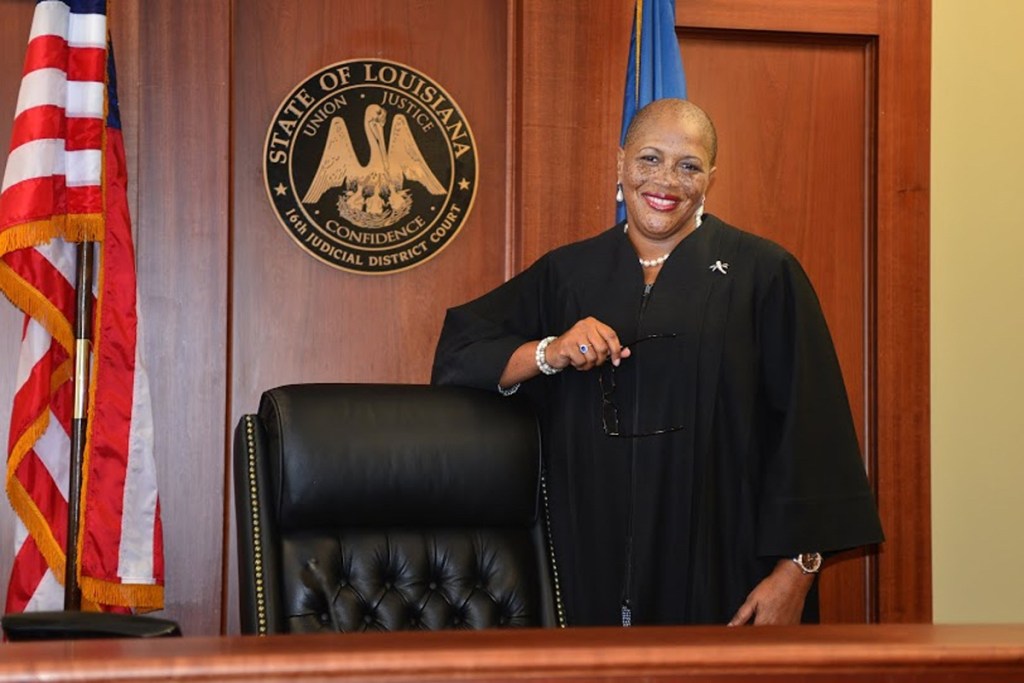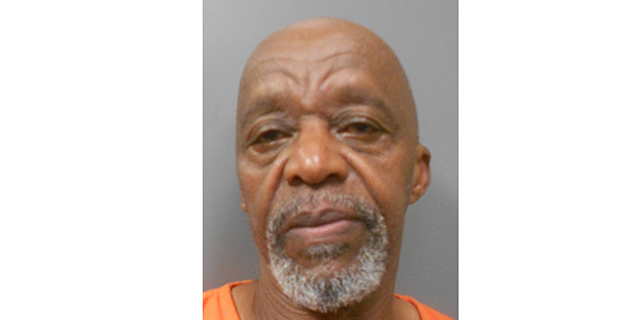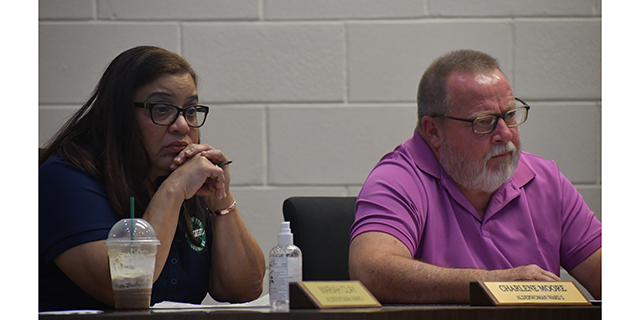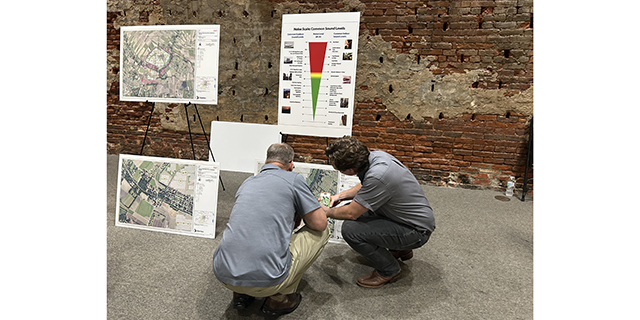Two witnesses called in hearing on recusal motions
Published 5:00 am Tuesday, December 10, 2019

- Judge Lori Landry
The first day of hearings to decide what action should be taken on the hundreds of recusal motions filed against 16th Judicial District Judge Lori Landry claiming she is biased against prosecutors from the 16th JDC District Attorney’s Office ended with 70 pieces of evidence and the testimony of two witnesses on the books.
Ad Hoc Judge Harry F. Randow went through procedural items and some basic rule setting in the morning session, including his observation that the more than 400 recusal motions filed against Landry were more indicative of a request to dismiss the judge from the bench than to recuse her from hearing specific cases.
Attorney Charlotte G. Bordenave asked to have the case dismissed because the remedy for administratively removing a judge from the bench leads through the Judiciary Commission of Louisiana, which reports to the state’s Supreme Court.
The afternoon session began with the introduction of evidence — including dozens of transcripts of hearings cited in the 27-page recusal motion filed against Landry. The court also heard from two 16th JDC assistant district attorneys in the afternoon session who detailed their experiences with Landry.
Assistant District Attorney Nicole Burke was the prosecutor in the stalking and home invasion case of Kerry Stokes, in which the first recusal motion against Landry was filed on Sept. 17.
She recounted how Landry made a motion to sever the two charges against Stokes. Burke said she filed a writ and requested a stay from the 3rd Circuit Court of Appeal. When the appellate court reversed Landry’s motion, Burke said the judge coached the defense through proceedings to allow Landry to once again sever the cases — even though Burke and defense attorney Harold Register III had already worked out a plea deal for Stokes.
“She said she was not hearing the plea,” Burke said. “She was making her record.”
Burke also said she felt Landry thought her motions and writs were “frivolous.” During cross examination, defense attorneys had Burke admit that Landry never used the word frivolous, although she did write in a per curiam memo to the 3rd Circuit that Burke’s motions did not have “sound procedural footing.”
“She did not use the word ‘frivolous,’” Burke said.
Burke also recounted one of the more outrageous incidents in the recusal motion, where Landry said she was going to take two pens and stick them in Burke and the defense attorney’s ears.
“All that you two do is talk at me,” Landry said, according to Burke. “Talk talk talk talk. I’m going to take two pens, one for you and one for Mr. Daspit, and I’m going to stick them in your ear. Ask me why.”
When Burke asked, she said Landry told her, “Because it won’t kill you, but it will make you suffer.”
“I was thinking, ‘What is going on?’” Burke said. “I didn’t know what to do. I didn’t know what to say. It was the most unprofessional thing I had ever seen.”
Burke said that she was so unnerved that the following day she did not object when Landry held a conference with the defense, excluding her from the conversation.
Under cross examination, attorney Harry Daniels asked Burke if Landry had singled out prosecutors or if she had treated both sides the same.
“She said she wanted pens for you and Mr. Daspit,” Damiels said. “She wanted two pens, for both of y’alls ears.”
“I don’t remember,” Burke said, setting off laughter in the gallery of Landry’s supporters.
“Did she try to put a pen in your ear?” Daniels asked.
“That was a degrading and humiliating experience, Mr. Daniels, and I don’t …” Burke began before bursting into tears, forcing a five-minute recess and more murmurs from the gallery.
When court resumed, Randow reminded the audience that he would not tolerate outbursts or demonstrations in the court.
“Let me remind you to withhold any comments or reaction,” Randow said to the dozens of Landry supporters, many wearing “#IStand WithJudgeLoriLandry” T-shirts. “I am glad you are here. But I am not going to allow any outbursts.”
Bordenave asked Burke if she raised an objection to Landry meeting privately with the defense attorney.
“No I didn’t,” Burke said. “It was a few days after the pen in the ear thing. I wasn’t going to object to anything.”
“Were you afraid she was going to stab you with a pen?” Bordenave asked.
“I was afraid she was going to yell at me again,” Burke said.
“Just yell?” Bordenave asked. “She yells at defense attorneys. She yells at assistants. She yells at her own clerks if they are not prepared.”
Burke accused Bordenave of making fun of her, which the attorney denied.
“You are mischaracterizing my questions,” Bordenave said. “I have never made fun of you.”
When asked if she had filed a complaint with the state’s Judiciary Commission, Burke said she had, potentially violating the confidentiality rules of that body. According to the Louisiana Supreme Court’s website, during a deposition or trial a complainant should respond that the question cannot be answered because to do so in any way, including confirming or denying, would violate the state constitution and Supreme Court rules.
Sanctions for violation of confidentiality lie with the Judiciary Commission.
Wallace Claire Howington, an assistant district attorney who handles appellate and post-conviction litigation for the 16th JDC District Attorney’s Office, testified that she was asked to handle a motion for a new trial precipitated after a former Iberia Parish Sheriff’s deputy was convicted in the federal investigation into abuse and civil rights violations within the Iberia Parish Sheriff’s Office. She said Landry based the ruling on arguments that were not placed in evidence.
“The subject of the comments were that there were problems within the 16th JDC,” Howington said. “She said the assistant district attorneys knew the evidence from the Sheriff’s Office was tainted, but they used it in cases anyway.”
Howington also said Landry claimed that judges in the district excluded African-American residents from jury pools and that jury duty notices were not served to members of the African-American community.
“That is patently false, because the juror notices are mailed out,” Howington said.
Court will resume at 9 a.m. this morning.





